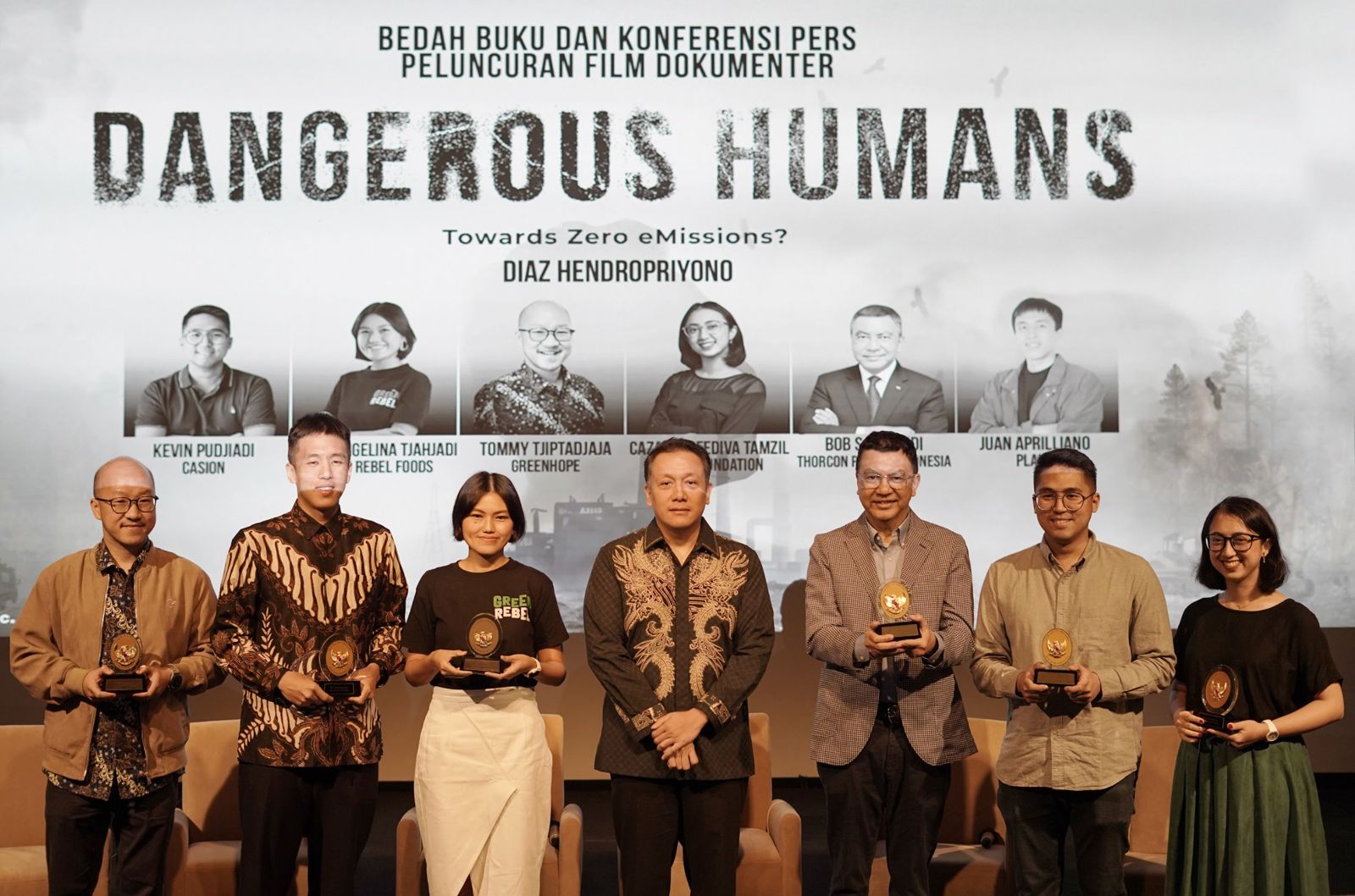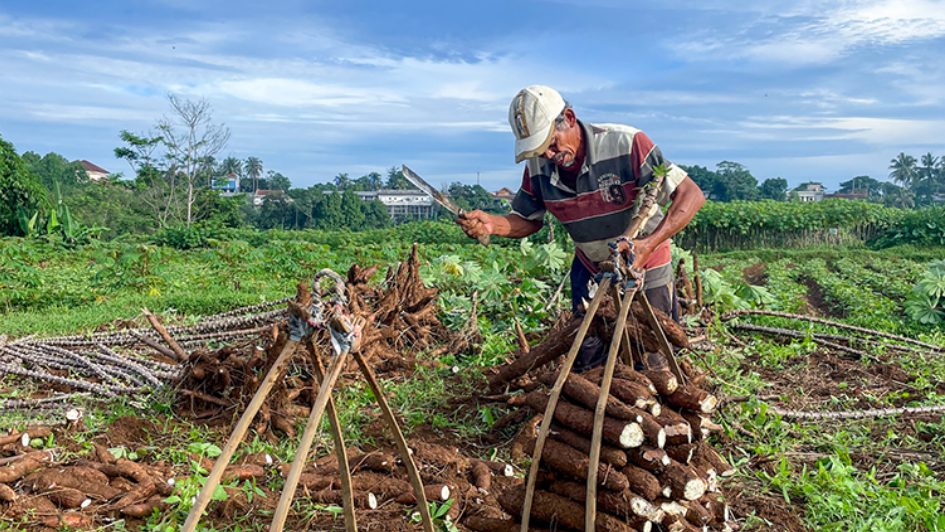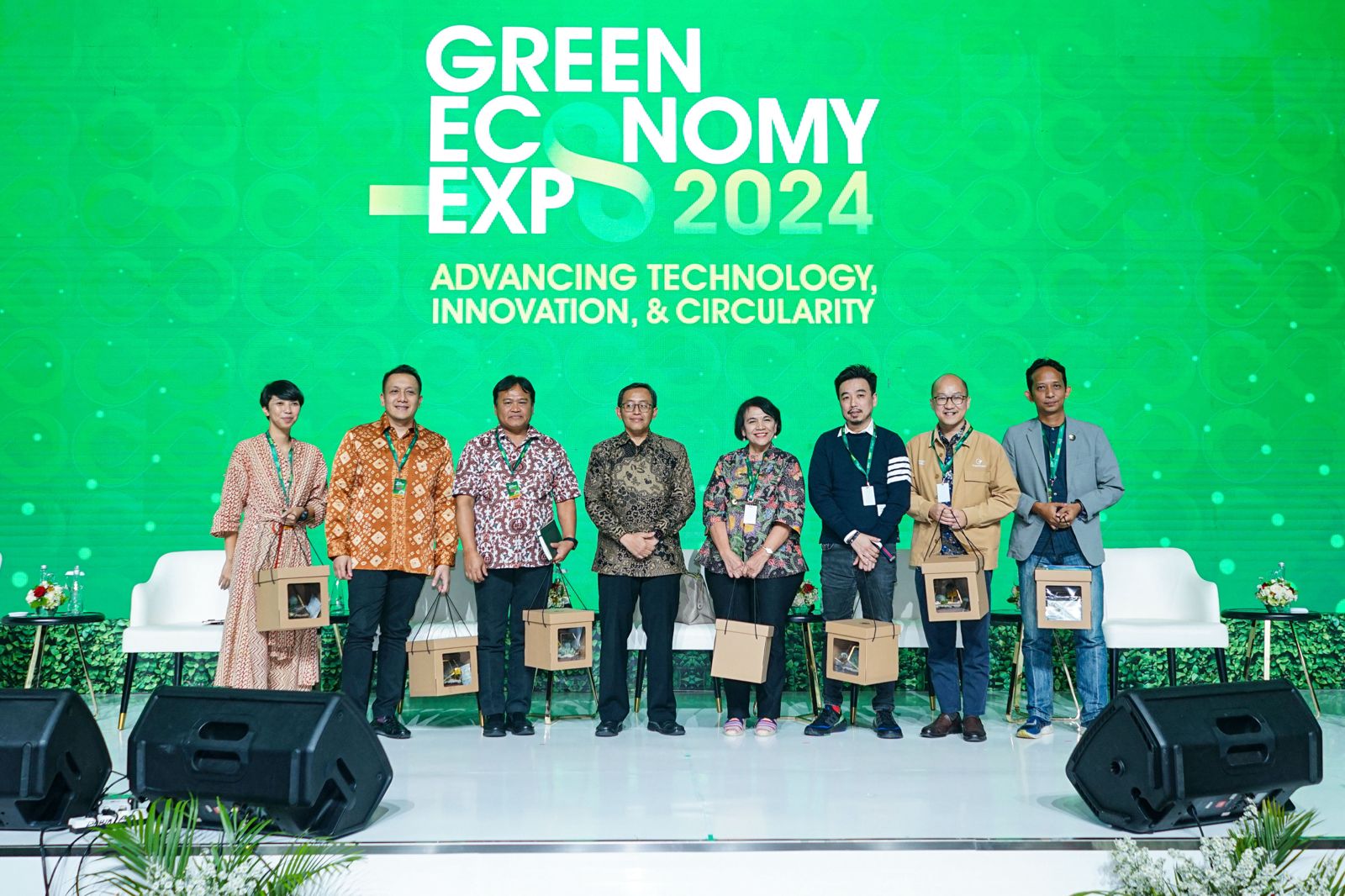Greenhope Technology is the solution to plastic waste prevention, when else but now?
Thursday, 08 March 2018On 27 February 2017, the Indonesian Ministry of Environment and Forestry held a Workshop on Beach and Marine Waste Management at Borobudur Hotel (Jakarta) which was opened by Siti Nurbaya Bakar, Minister of Environment and Forestry. The event was also attended by Mr Luhut Binsar Pandjaitan as Coordinating Minister for Maritime Affairs along with 200 regional officials of regents and mayors throughout Indonesia. Minister Siti Nurbaya Bakar said that marine debris is a shared responsibility. So she is working on the principle of mental revolution to change the behaviour of Indonesian people who do not only depend on scavengers and cleaners in managing waste. She also thanked local governments, companies, activists, and all elements that play an active role in conducting campaigns and activities related to waste management issues.
KLHK also invited experts from Japan, South Korea, Denmark, Sweden and Germany to share information about waste management in their respective countries. Waste management technology will be different in each country, as it depends on the technology and resources available. Japan uses incenerators to burn waste that is converted into energy. The same goes for Denmark, Sweden, and Germany. While in South Korea, the country applies the Ecotown principle, which is a strategy to grow a new economy while solving the waste problem. However, the main step taken by these developed countries is preventive measures by banning the use of non-degradable plastics and imposing customs duties on plastics. The landfill method is also applied in Germany but in a small percentage, where the gas produced is also utilised for energy.
Mr Sugianto Tandio as a resource person added that Indonesia basically already has technology that can have an impact on reducing plastic waste, namely Oxium and Ecoplas. Oxium technology which is an additive to plastic will help the degradation process to 2-5 years. Meanwhile, Ecoplas, which is made from cassava flour, will certainly not pollute the environment because it is made from natural ingredients. Mr Sugianto also added that the existence of plastic waste in the sea is an accident, because the real waste disposal site is the TPS (Waste Disposal Site) / landfill. In addition, plastic waste cannot be solved only by the use of better technology, but also accompanied by awareness and changes in environmentally friendly lifestyles. The 4R principle (Reduce, Reuse, Recycle, and Return to Earth) must be present in every individual Indonesian. That way, a 2020 waste-free Indonesia will be realised.



